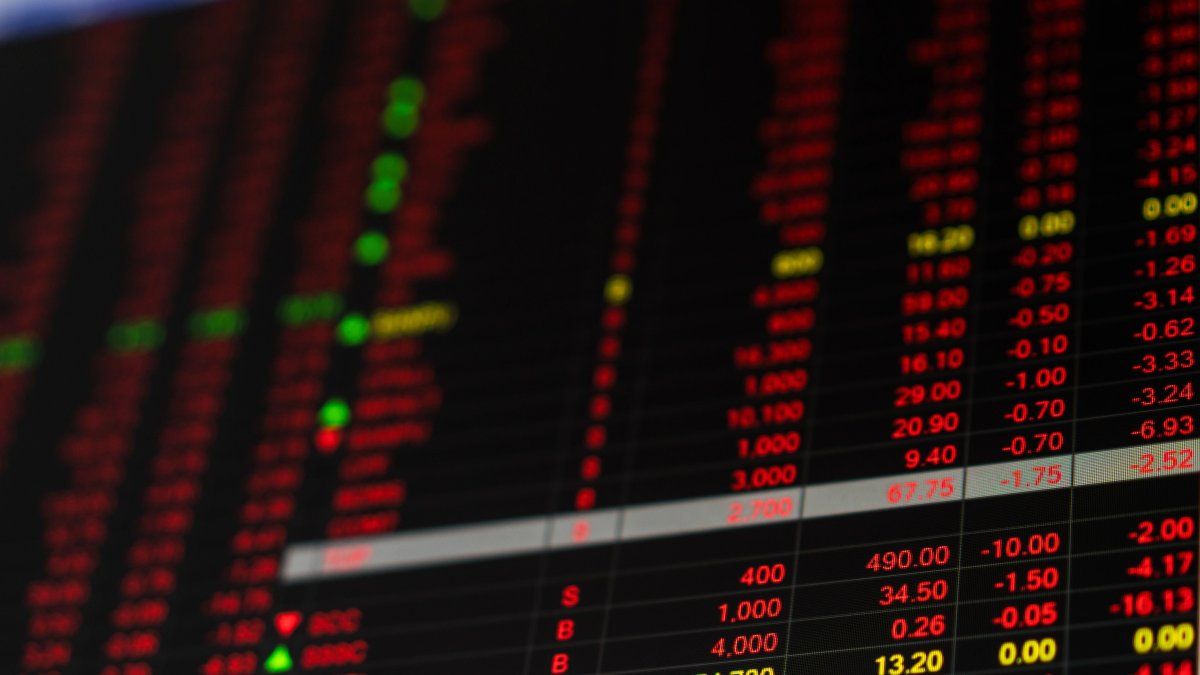Asian stock markets fell again on Monday after a surprise cut in interest rates by the Chinese central bank, as Wall Street futures rise after the American president, Joe Bidendecided not to participate in the elections.
The People’s Bank of China cut its short-term rate by 10 basis points, lowering long-term borrowing costs and bond yields. The move, announced after Beijing published a document on its economic ambitions, disappointed investors, accentuating economic weakness.
China’s benchmark market index is down 0.9%, along with the yuan. China needs a lower rate environment because of its disinflationary economy, according to Gary Ng, chief Asia-Pacific economist at Natixis in Hong Kong. MSCI’s broadest index of Asia-Pacific shares excluding Japan is down another 0.7% after falling 3% last week. Japan’s Nikkei is down 1.2%, South Korea’s index is down 1.3% and Taiwan’s main index is down 2.3% on concerns about U.S. restrictions on chip sales.
Investors seemed more prepared for the news that Biden would endorse Vice President Kamala Harris for the Democratic nomination.At PredictIT, prices for a Donald Trump victory fell 4 cents to 60, while Harris rose 12 cents to 39. Gavin Newsom, the governor of California, was 4 cents behind.
The reaction of the markets
S&P 500 futures rose 0.1%, Nasdaq futures rose 0.2% and 10-year Treasury futures rose 2 points, while yields fell 2 basis points to 4.22%. EUROSTOXX 50 futures rose 0.5% and FTSE futures rose 0.4%.
ANZ analysts noted that as Trump’s poll numbers rose, Markets favored positions anticipating more trade barriers and possibly higher inflationThey also mentioned that some polls gave Harris better results than Biden against Trump.
In a week full of business results, Tesla and Alphabet will kick off the season for the “Magnificent Seven” megacap stocks. Results from General Electric, General Motors, Ford and Lockheed Martin will also be reported.
The technology sector is expected to increase its earnings by 17% year-over-year, and the communication services sector by 22%, outpacing the 11% increase estimated for the S&P 500. In addition, major European banks are due to release their results, with a view to seeing whether gains from rate hikes have lost steam and whether recent political drama is affecting investors.
Google, Tesla, Meta.jpg
The technology sector is expected to increase its earnings by 17% year-over-year, and the communication services sector by 22%, outpacing the 11% increase estimated for the S&P 500.
The week will culminate with the release of the core personal consumption expenditures index, the Fed’s preferred measure of inflation, which is expected to rise 0.1% in June, slowing the annual pace to 2.5%. A benign result would strengthen the case for a rate cut in September, with a 97% probability. GDP figures will also be released, forecasting annualized growth of 1.9% in the second quarter. The Atlanta Fed’s GDPNow indicator suggests growth of 2.7%.
The Bank of Canada meets on Wednesday and is likely to cut rates by a quarter point to 4.5%. In currency markets, the dollar gave back some of last week’s gains, with the euro up 0.1% at $1.0886. The dollar weakened slightly against the yen to $157.27.
In commodity markets, gold was steady at $2,406 an ounce, down from last week’s record of $2,483.60. Oil prices edged higher, with Brent up 44 cents to $83.07 a barrel and U.S. crude adding 41 cents to $80.54 a barrel, amid little sign of progress on a Gaza ceasefire deal.
Source: Ambito
I am a 24-year-old writer and journalist who has been working in the news industry for the past two years. I write primarily about market news, so if you’re looking for insights into what’s going on in the stock market or economic indicators, you’ve come to the right place. I also dabble in writing articles on lifestyle trends and pop culture news.




